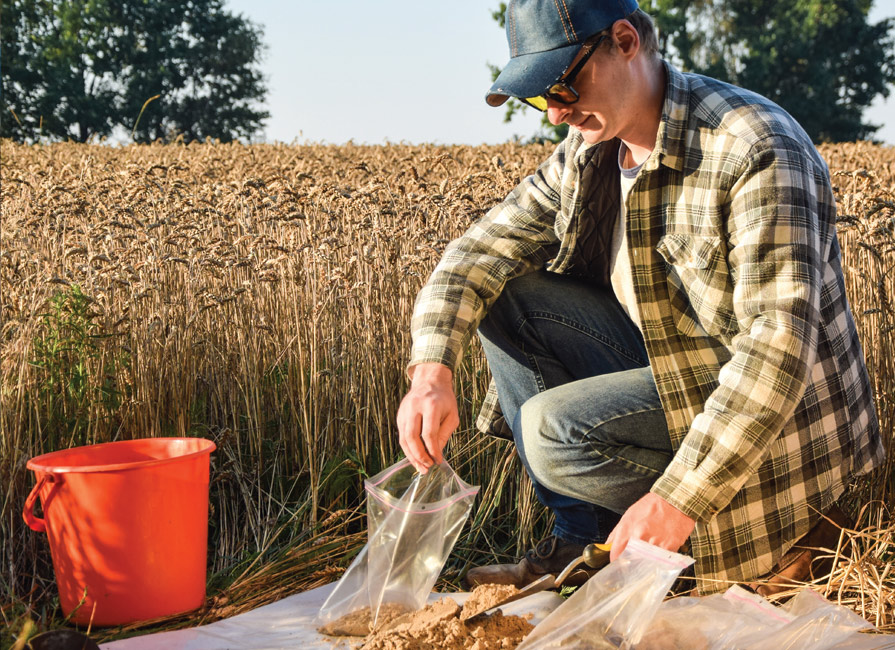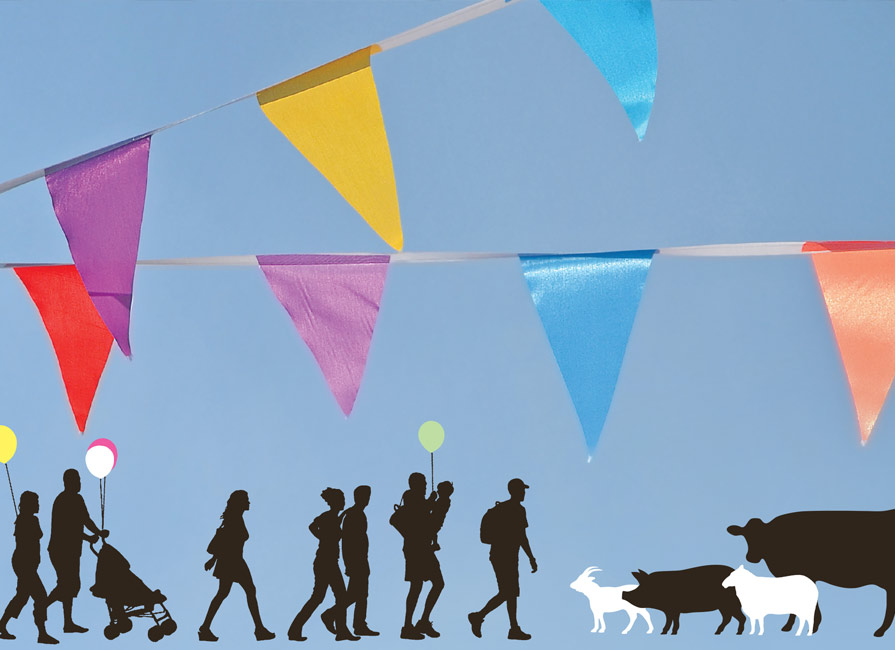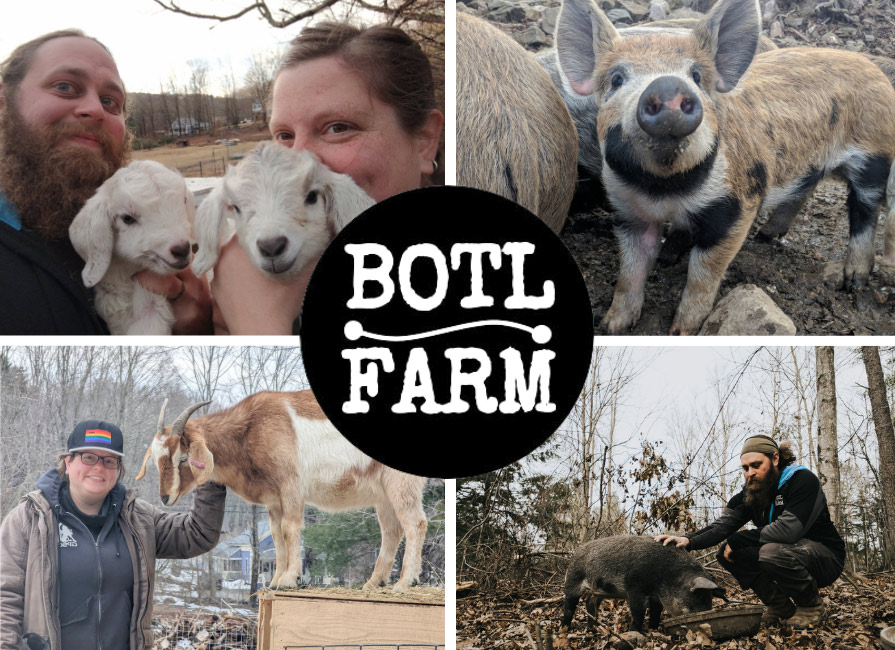Soil nutrient management is a vital part of regenerative farming and applying climate-smart practices can…
Can We Really Expect Consumers to Shake Every Farmer’s Hand?
“Eat meat from people whose hands you can shake and whose ranches you can visit.” This was the take away from a recent OpEd that has been making the rounds, written by Ariel Greenwood, grazing manager at Freestone Ranch in the San Francisco Bay area.
Ariel is a rancher whose heart is clearly in the right place. In her beautifully written OpEd, she outlines all the hard work they put in to restoring the health of the local (and global) environment, and how the welfare of the cattle is an absolute priority at the ranch. She explains how sensitive grazing management not only helps improve biodiversity, but locks atmospheric carbon in the soil. She says all the right things—and I am sure they walk the walk at the ranch, too. The crux of her argument is a criticism of recent calls from some environmental groups to “eat less meat,” and how this messaging not only incorrectly brands all meat the same, but misses an opportunity to explain that there is a way to produce meat that actually benefits the planet.
I couldn’t agree more. But her final advice to consumers—to “eat meat from people whose hands you can shake and whose ranches you can visit”—concerns me on a number of levels, and is frankly not the solution we need.
While I wholeheartedly support reconnecting farmers and eaters, we have to ask: Is it realistic to expect every consumer to have the time and ability to visit every farm they eat food from? No. Most Americans are struggling to put food on the table and many work two or more jobs. They are both time and cash poor, and shop accordingly. With over 80 percent of the U.S. population living in urban areas, expecting everyone to visit farms (or farmers’ markets) is unrealistic and, frankly, rather elitist. Like it or not, the supermarket is still king—at least for the time being.
Likewise, the vast majority of farmers and ranchers are simply not in the position to sell direct to consumers. Even if they wanted to (and many don’t!), most farms and ranches don’t have the urban conurbation on their doorstep, let alone the skills, time, training, extra staff and capital necessary for success in the direct-sale marketing models. Again, it is simply not a realistic solution.
Second, even if the average consumer could visit the farm, would they really have the necessary expertise and experience to assess whether a farmer is managing its animals according to high welfare standards, or what is being done to protect or enhance the farm environment? Absolutely not. This is not to say that consumers aren’t smart—it’s just that farming is far more complex than we give it credit for. Agriculture requires as much expertise, critical thinking and knowledge as any other high-level profession—and more. No one outside of the following professions would assume they could walk into an operating room or a mechanic’s shop and assess the work being done. Why do we assume this of agriculture? Is it perhaps because we chronically undervalue the expertise of farmers?
I welcome the growing number of consumers who are taking steps to understand where their food comes from and how it is produced; and visiting working farms, speaking to the farmer and finding out how food is produced, is something to be widely encouraged. But assessing grazing management and farmland biodiversity or identifying the use of hormones or non-therapeutic antibiotics, mutilations and long-term confinement simply cannot be accomplished during a family walk around the farm on a summer’s day.
Third, while I have no reason to doubt that Freestone Ranch is being managed how they claim, “sustainable” means very different things to different people. And, as with any business sector, a tiny minority of farmers (and companies marketing their products) will inevitably cut corners or look to make a quick buck by mislabeling the food they produce.
So what is the answer? Knowing your farmer is a great thing, but it doesn’t deliver agricultural sustainability at a system level. As a movement, we have to think bigger. The best way for farmers to reflect and protect their sustainability credentials is through credible third-party certification. It’s also the best way for consumers to be sure that a farm’s practices match their expectations. This is how most other mature markets function—are we so different that we can’t borrow solutions that work?



